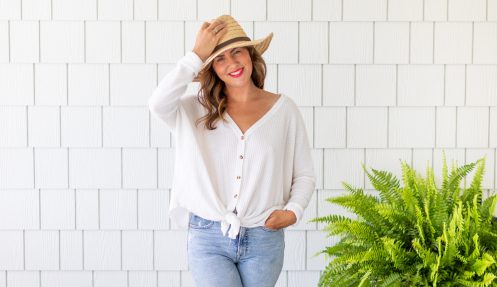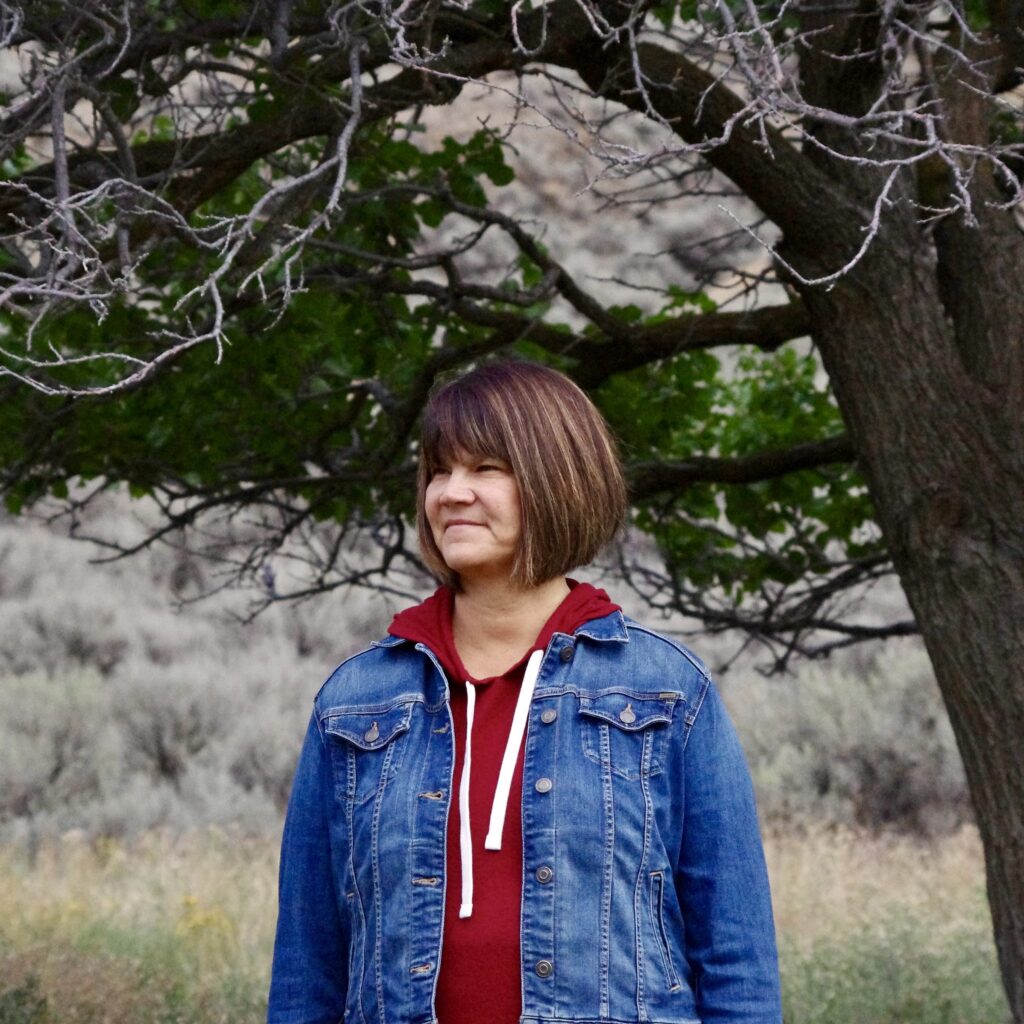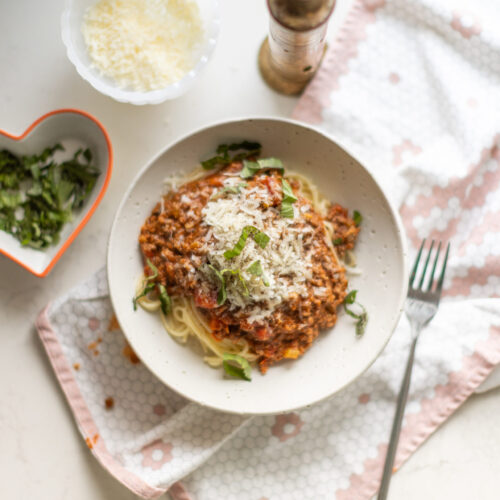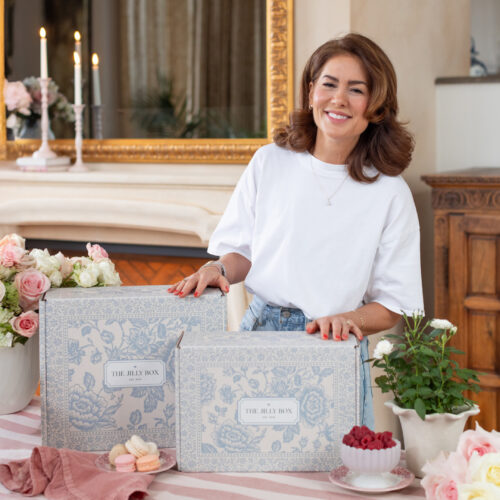Hi everyone! As many of you know today is the first-ever federally elected National Day of Truth and Reconciliation! I am so honoured to welcome Kelly Terbasket of IndigenEYEZ to the blog. Kelly has created a new sister organization for allies—kinSHIFT. The organization launched just this past spring and is a tailored set of workshops for anyone who wishes to cultivate better and more meaningful relationships with Indigenous peoples. No matter where we are on our individual journeys I believe that Indigenous-led and rooted workshops, like kinSHIFT’s, will help non-Indigenous folks break down barriers and become better allies. I am so grateful for the amazing work that kinSHIFT does in the community and am happy to amplify their resources here so that we may all continue to learn and grow to create a better future for all.
I’ll let Kelly take it away to share some more information with you!
As a person of mixed heritage, I’ve always felt the divide between cultures and wanted to be part of bridging awareness and understanding between the different realities. The bridge between cultures is literally where I’ve lived. Understanding the continuing impacts of colonization is key. There are ongoing patterns embedded in our systems and infrastructure. These will take the strong partnership of Indigenous and non-Indigenous people working together. Beyond the talk, there is gritty work that needs to be done on very personal levels. Our schools, our friends, and our media have subtly influenced our entire lives– revisiting that is where kinSHIFT starts.
I’ve been working towards creating culturally safer spaces for Indigenous communities for over 2 decades. Our shadows are called shadows for a reason. We can’t address bias if it stays hidden behind political correctness. That’s why it’s important to have space just for allies to have these conversations. If there are Indigenous people present, it’s harder to dig into the things we carry because we don’t want to say the wrong thing. KinSHIFT helps allies learn to respond to comments such as: “It’s terrible, but it’s in the past, right?” Building up awareness to feel strong enough to speak out, when we need to find better ways in our circles.
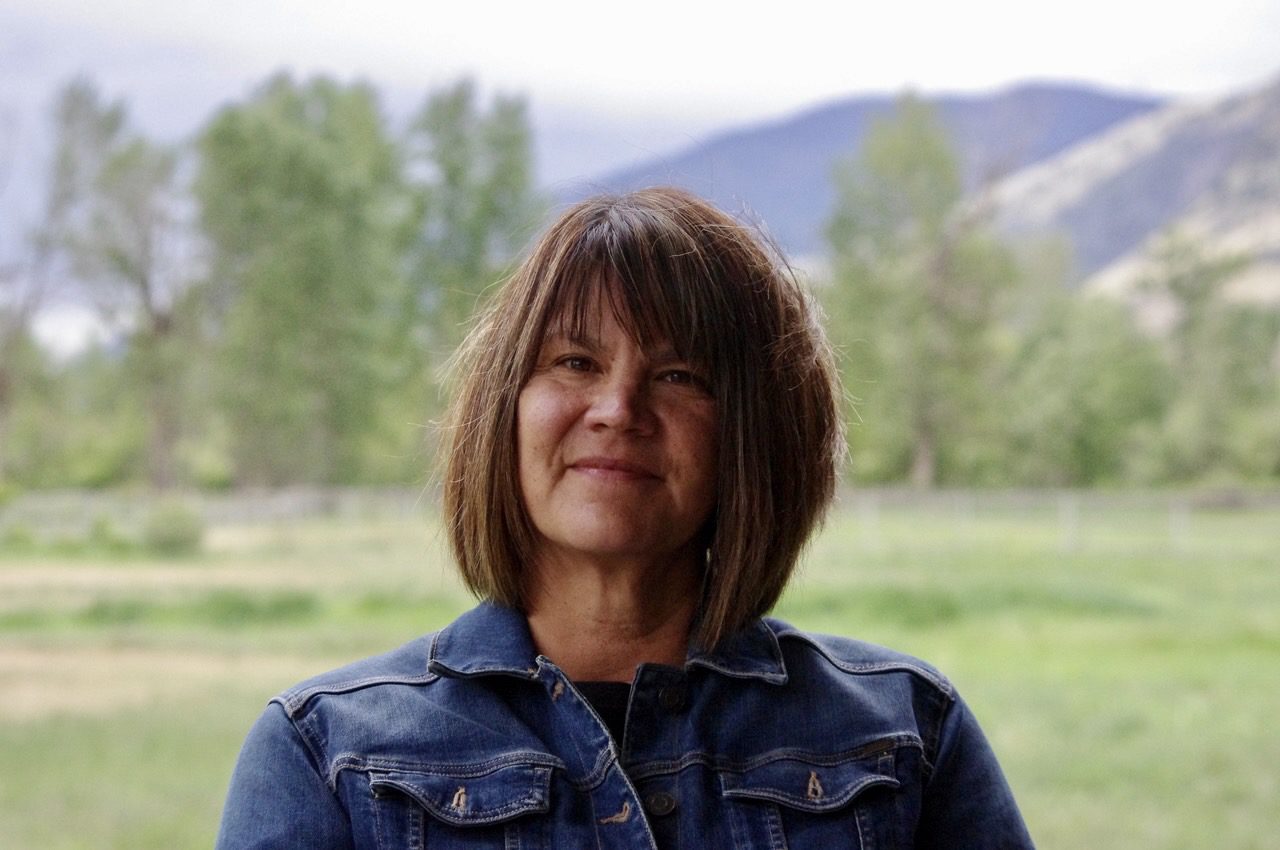
A local way to reflect and learn
Participants tell us they like kinSHIFT as a powerful, and local way to reflect and learn about TRC. Jude Brunt is a settler who arrived from England 20 years ago. She works as an Entrepreneur in Residence at Purrpl, and has been working with the kinSHIFT team. Jude shares what she’s been learning, and how she’s incorporating it into her own business. “It is our responsibility when we live on this beautiful land to learn more, to feel more, and to do more.” Jude has noticed an increased awareness and confidence to venture into more difficult conversations with fellow settlers in her professional life and personal circles. She is continuously looking for ways to demonstrate reciprocity. “I now intentionally look for ways to decolonize some practices in my own small restaurant business: to recruit staff in different ways, to champion local Indigenous suppliers, and to embrace an Indigenous worldview in our business relationships and how we deal with conflict.” “The KinSHIFT workshops are incredibly helpful,” she says, “They are approachable, thought provoking, engaging—and most importantly– they cause a SHIFT inside you.”
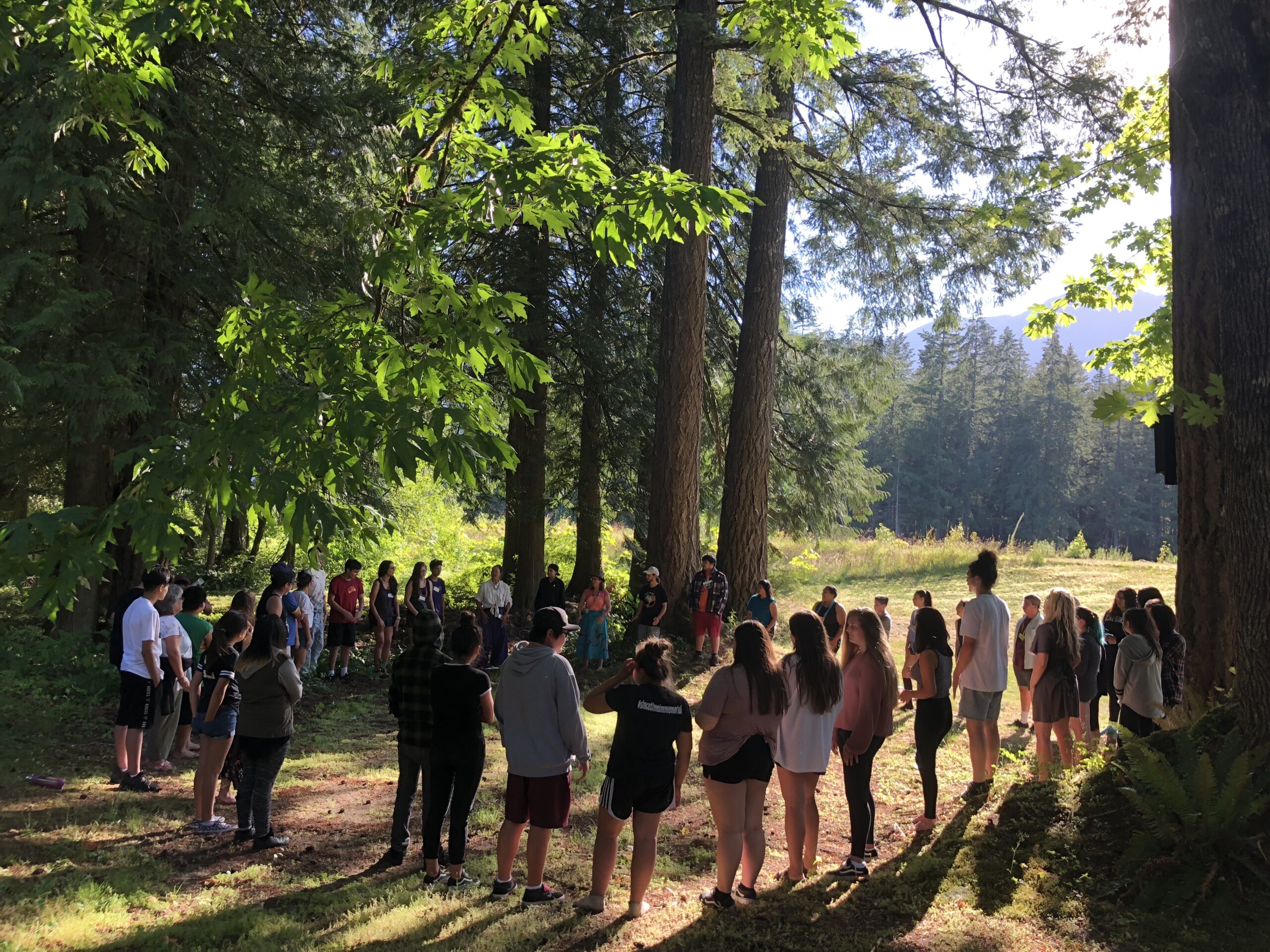
Cheryl Hardisty agrees about the shift. Cheryl attended the four foundational workshops. She’s a wife and mother, and a Senior Executive Assistant. She works for the City of Penticton, directly for the CAO, council and mayor. “I did not expect for it to really get me in my core. All my life I thought I was an ally and then realized– wow, the work I’ve done is not sufficient at all.” “The space included a number of professionals, and everybody was really open. The approach took away my fear of saying the wrong thing or offending anyone. The workshops took me on a more inward journey, looking at my own biases and privilege.” “I found a true shift in my thinking, looking at where that uncomfortability is and getting comfortable in it. There’s still a lot to learn…and admitting that there’s no failure in that.” Cheryl feels moved to continue supporting the building of relationships both at work and with her own children. When the first graves were located in Sepwemec te Kemlups, she and her husband found themselves needing to fill in where schools didn’t go.
With care, they told their children what they understood of Indian residential schools—that terrible things happened and some kids didn’t come home. Avoiding scary details, but frankly sharing. As parents, they know the conversation will be continuing. Coming from that awareness, her young daughter wanted a ribbon skirt. Cheryl took her to a shop in Penticton in Cherry Lane. “The folks working there were kind enough to just talk about whether it would be culturally appropriating. My daughter was so excited about it and it was just a really lovely moment to be able to share some stories about what it’s about. It’s something she can do and participate in a respectful way, not in a token way.”
The first National Day for Truth and Reconciliation
What will you be doing today, September 30th? kinSHIFT is sharing a public workshop via zoom at 3 pm today—and we invite you to join us by reserving your workshop ticket HERE. People feel good knowing that kinSHIFT is a social enterprise– fees are supporting Indigeneyez empowerment work with local Indigenous youth and communities.
There is so much work to be done, beginning with questioning what we think we know. I invite you to join us in kinSHIFT—it’s a good place to start.
Limləmt | Thank you,
Website: https://kinshift.ca
IG: kinSHIFT
IG: IndigenEYEZ
FB: kinSHIFT
